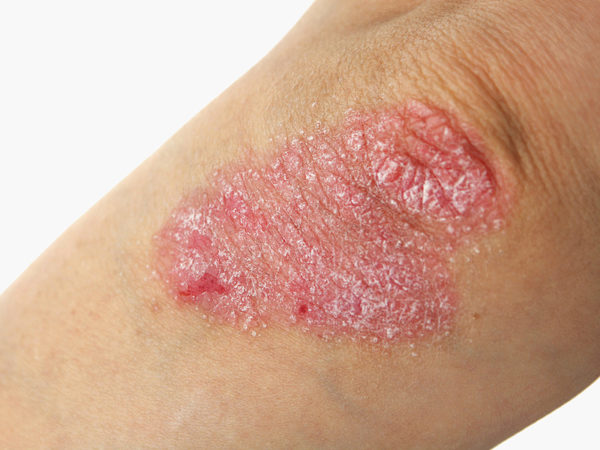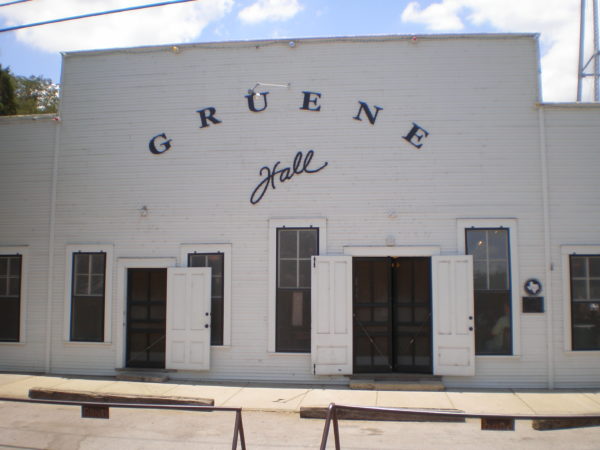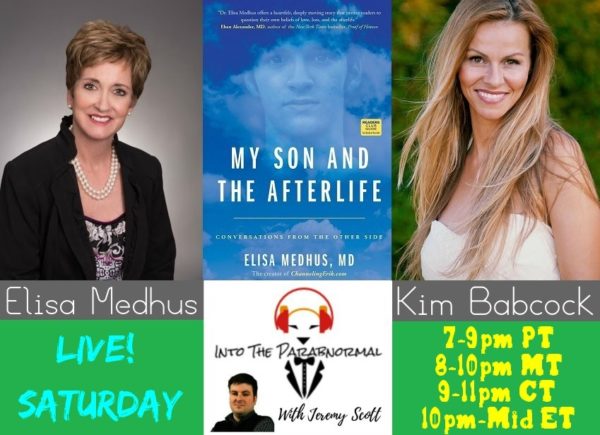Our main event in Sedona is coming up fast toward the end of October, and we need a headcount of those of you who haven’t reserved their spot but plan to go. Please fill out this poll if you do. Can’t wait to see you all there. Beside the regular agenda, we plan on hiking to the vortex, meditating at sunset in a special setting and more.
Enjoy the final part of Erik’s take on skin problems! I included a bit of the tail end of Part One to orient you.
Erik (shaking his head): No, but the way it could be attached to other lives is the same meaning like that lack of self-acceptance carries over. It’s a really deep-rooted issue when you see it happening a lot. This is going to be hard for people to wrap their heads around, but what better way to force you to accept yourself for who you are no matter what? Sometimes, your face breaks out or you have scarring, and it’s completely out of your control. There’s nothing you can do about it. You can put makeup on to try to cover it, but when you realize that it’s out of your control, then you sort of surrender to it. “I have to accept myself anyway. I can’t do anything about this, so I have to accept myself anyway.”
Me: Well, ideally, but most people don’t.
Erik: Yeah, that’s why it’s hard to wrap your head around. It’s hard when you’re experiencing this, “I don’t want people to look at me because I look funny.” But you still have to be you. You still have to accept yourself in that. The more you practice that, the less you’ll experience breakouts, discoloration and that sort of thing.
Me: Oh, okay. So just try to force yourself to accept it like, “All right. I’ll go out in public. The hell with it.” And then look at people with pride like, “Hey, I’m me, and I’m special.” Something like that? Is that what you’re saying?
Erik: Yeah. It’s about surrendering to it because whatever you resist is going to continue until you surrender to it. It’s not really about saying, “I accept” or “I welcome it.” Don’t get that confused. When you surrender and think, “I surrender. It is what it is, and there’s nothing I can do about it,” then the healing begins.
Kim: Well my daughter is only seven. She can’t possibly have image issues.
What? Of course she can!
Kim: She has skin discoloration on her arms.
Erik: That’s the same concept. That’s been carried through from another life when she had issues accepting the way she looked.
Kim: It’s just because of the age. That’s why I was asking him. She’s seven. Cassie could care less about the way she looks.
Me: That’s awesome! Are people with skin issues here to teach us anything?
Erik: Not necessarily to teach others. They’re here to learn about themselves. They’re here to learn.
He thinks for a while.
Erik: Well, I guess you could, by watching somebody else accept who they are—and part of this is—
Kim: He’s giving me an example. One of my friends has severe cystic acne, but I don’t really see that when I look at her. She’s such a beautiful person. She’s out in the community, and, you know?
Erik: The way they handle what they’re going through can teach you, not necessarily how you would handle it, but kind of teach you what acceptance really is.
Me: Ah.
Kim: He keeps referring to my dad, too. My dad has psoriasis. It’s kind of new, but he’s the kind of person who’s like, “Well, it is what it is. I don’t care!”
Me: That’s awesome! I really respect and look up to people who are like that.
Erik: So we can learn by watching their actions and how they accept it for what it is. We should, too. We shouldn’t judge the way people are different. It can bring you to a more organic state of acceptance.
Me: Okay, so we only have a couple of minutes, so we have to make this kind of quick. Solutions. Are there any spiritual or homeopathic solutions? I know your friend could be on Accutane, so I’m not talking about conventional medicine. Other than accepting yourself, which can help to heal, what other spiritual or natural solutions can you offer?
Erik: Well, it always starts with the spiritual, so focus on healing yourself and asking what you’re not accepting of yourself. What are you denying your self-acceptance of? So that’s one thing, and as far as homeopathic [remedies,] apply a diluted form of vinegar.
Kim: Oh, that doesn’t sound very pleasant. That just sounds painful to me.
Me: Do you put it on or drink it?
Erik: You put it on.
Me: Oh.
Erik: Make a tincture of diluted apple cider vinegar. Dilute it more for psoriasis because that can be painful.
Kim: He’s showing me these wet, crushed greens.
An orb floats up from my head at timestamp 13:58 or so.
Kim: Sorry, I just saw an orb float above your head so that was distracting, but…
Me: Oh, really? Maybe it was Erik!
Kim: Yeah.
Me: Cool!
Kim: But he’s showing me these crushed greens. Seaweeds. He makes that plural so there must be more than—I’m sure there’s more than one kind of seaweed.
Me: Yeah, I guess.
Erik: Crushed, wet seaweeds.
Me: Can you use the seaweed that you make sushi with? Can you buy those little sheets and mix them with water to make a poultice? What’s it called? Nori. I think it’s called nori.
Kim: He’s just smiling really big, so I take that as a yes.
Me: Okay.
Erik: Use it topically to heal the skin. Ingesting it is also very healing for the skin. It’s very regenerating.
Me: Okay.
Erik: Start there. Apple cider vinegar and seaweed.
Me: So you put it all together as a poultice? Is that what you’re saying?
Erik: You can. The apple cider extracts something from the seaweeds that would be beneficial to the skin.
Me: Oh, okay.
Kim: That’s fascinating. He looks like a scientist. He’s got a pair of goggles on.
I laugh.
Me: Anything else, babe, before we close?
Erik: I just want these people to know—
Kim: Did Erik have skin issues? It feels like he can very much relate to them.
Me: Oh, yeah. For a while.
Erik: I want these people to know that you’re beautiful anyway. Know that you’re loved, and you’re beautiful anyway. It doesn’t matter what you have on the outside.
Me: True. That’s just our physical shell.
Erik: Just help each other. When you see people go through things like this, just help them. Help them find ways to heal. Help them find ways to deal with it. Don’t act like it’s something you can’t talk about.
Kim: He’s thanking you for talking about this because he feels like this is important to him.
Me (softly and tenderly): Yeah. I love you, Erik. I really do. I miss you. Was that little orb you or was it somebody else floating over me? I hope I caught it [on the recording!]
It did record. Check it out on the YouTube video!
Kim: It was him. I saw this white fog go over your head.
Me: Cool. All right, I’ll look at it later. Good luck with the rest of this week, Kim. I hope you get better.
Kim: Yeah, I will.
Me: Bye, Erik. I love you guys.
Erik (blowing a kiss): Bye, Mom.

Plaque Psoriasis



